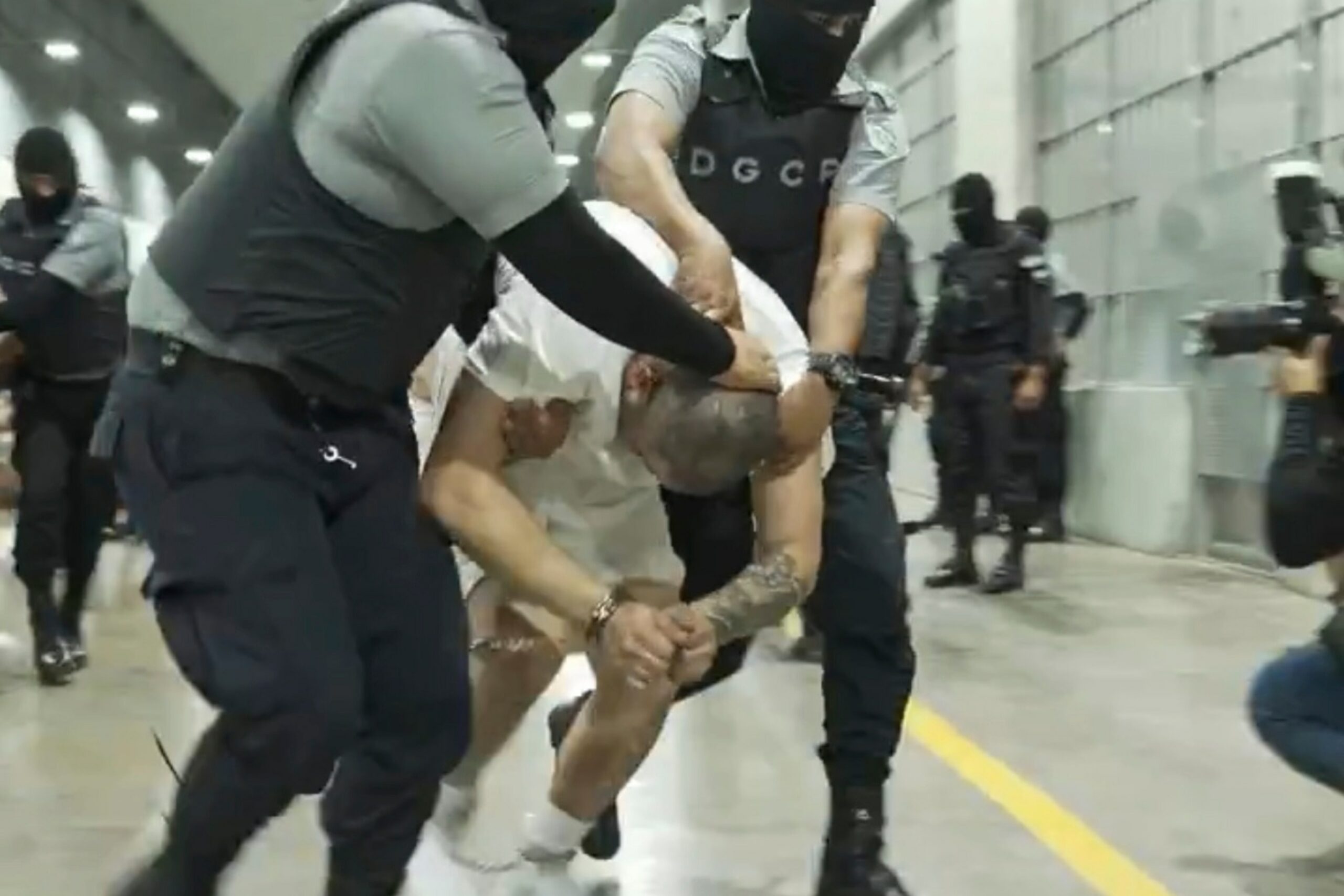The Disturbing Case of Kilmar Abrego Garcia: A Deep Dive into Wrongful Deportation
In today’s rapidly evolving world of immigration law and human rights, one distressing case has caught public attention: the wrongful deportation of Kilmar Abrego Garcia. This incident underscores the pressing need for reform in immigration policies and the complexities surrounding deportation processes in the United States. In this blog post, we will explore the timeline of events leading to Garcia’s deportation, the broader implications of such incidents, and what this case reveals about the immigration system in America.
Who is Kilmar Abrego Garcia?
Kilmar Abrego Garcia, a native of El Salvador, found himself at the center of a highly publicized deportation case that has drawn criticism from various human rights organizations. Garcia came to the United States seeking asylum, fleeing from violence and persecution in his home country. His story is not just personal; it reflects the struggles many migrants face as they navigate an often unfriendly immigration system.
Timeline of Events
The sequence of events surrounding Garcia’s wrongful deportation provides a window into the often flawed mechanisms of the immigration system. Here’s a comprehensive timeline:
- Arrival in the U.S.: Kilmar Abrego Garcia arrived in the United States seeking asylum, hoping for a safe haven from violence in El Salvador.
- Detention: Garcia was detained by immigration authorities shortly after arriving. His case quickly escalated due to a series of administrative errors and miscommunication.
- Legal Proceedings: Despite presenting a compelling case for asylum, Garcia’s plea was overlooked amidst procedural inconsistencies.
- Deportation: In a shocking turn of events, Garcia was deported back to El Salvador without the legal representation necessary to advocate for his rights.
For detailed information on the timeline and associated events, you may refer to this ABC News article.
The Legal Implications of Garcia’s Case
Garcia’s story raises critical legal questions about immigration policies in the United States. The complexities surrounding asylum applications, the role of legal representation, and immigration detention practices are all called into question. Legal experts have emphasized that the deportation process can often overlook the individual circumstances of each case, leading to potentially grave injustices.
The lack of access to legal counsel significantly hampers the ability of asylum seekers like Garcia to navigate the convoluted legal landscape. Furthermore, the expedited deportation procedures that have been enacted in recent years can prevent adequate judicial review of cases, increasing the risk of wrongful deportations.
The Human Rights Perspective
From a human rights standpoint, the deportation of individuals like Kilmar Abrego Garcia represents a broader systemic issue within the U.S. immigration framework. Organizations such as the American Civil Liberties Union (ACLU) and Human Rights Watch have been vocal in their condemnation of such practices, arguing that due process rights are being violated at alarming rates.
The psychological and emotional repercussions for individuals and families affected by wrongful deportations can be devastating. Garcia’s case exemplifies how the system can fail those it purports to protect, subjecting individuals to potentially life-threatening situations upon their return to their countries of origin.
Community and Legislative Responses
The community response to Garcia’s deportation has been one of solidarity and advocacy. Local and national organizations have rallied to raise awareness about wrongful deportations, pushing for legislative reforms that will provide better protections for immigrants.
Legislative efforts such as the introduction of the Dream Act and other reform bills aim to address some of the structural issues identified in Garcia’s case, focusing on streamlining immigration processes and ensuring due process for all individuals seeking asylum.
Conclusion: The Need for Change
The case of Kilmar Abrego Garcia is more than just a legal mishap; it is a call to action for policymakers, legal representatives, and society as a whole. As we reflect on Garcia’s experience, it is imperative to advocate for an immigration system that prioritizes justice, fairness, and humanity. Migrants seeking safety and refuge deserve to have their voices heard and their cases evaluated appropriately, without the fear of wrongful deportation hanging over them.
As the conversation around immigration reform continues, it is crucial for HR professionals and business leaders to remain informed and involved. Understanding the implications of such cases can help foster more inclusive workplace policies and contribute positively to the broader societal discourse surrounding immigration.








